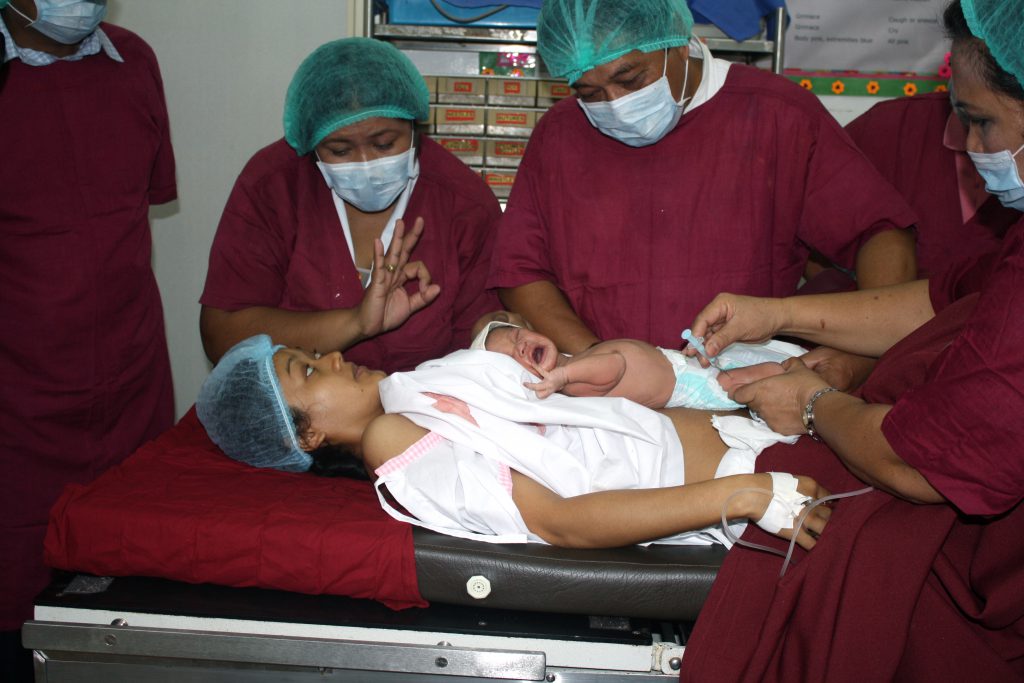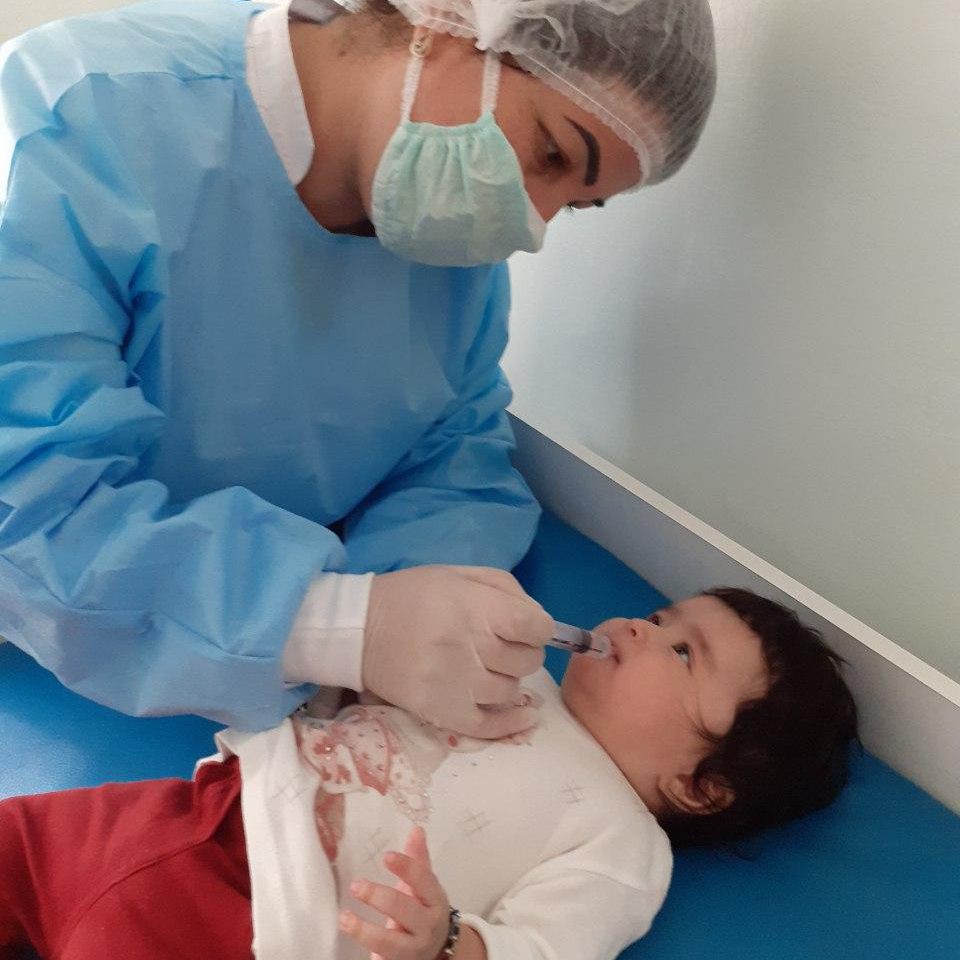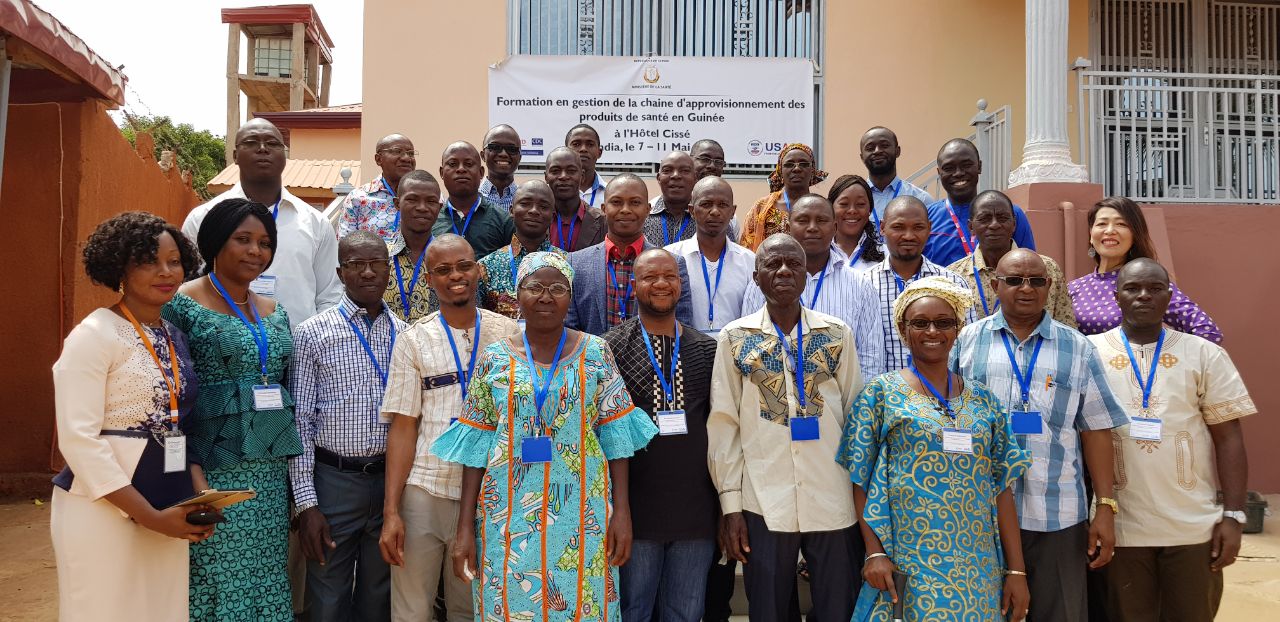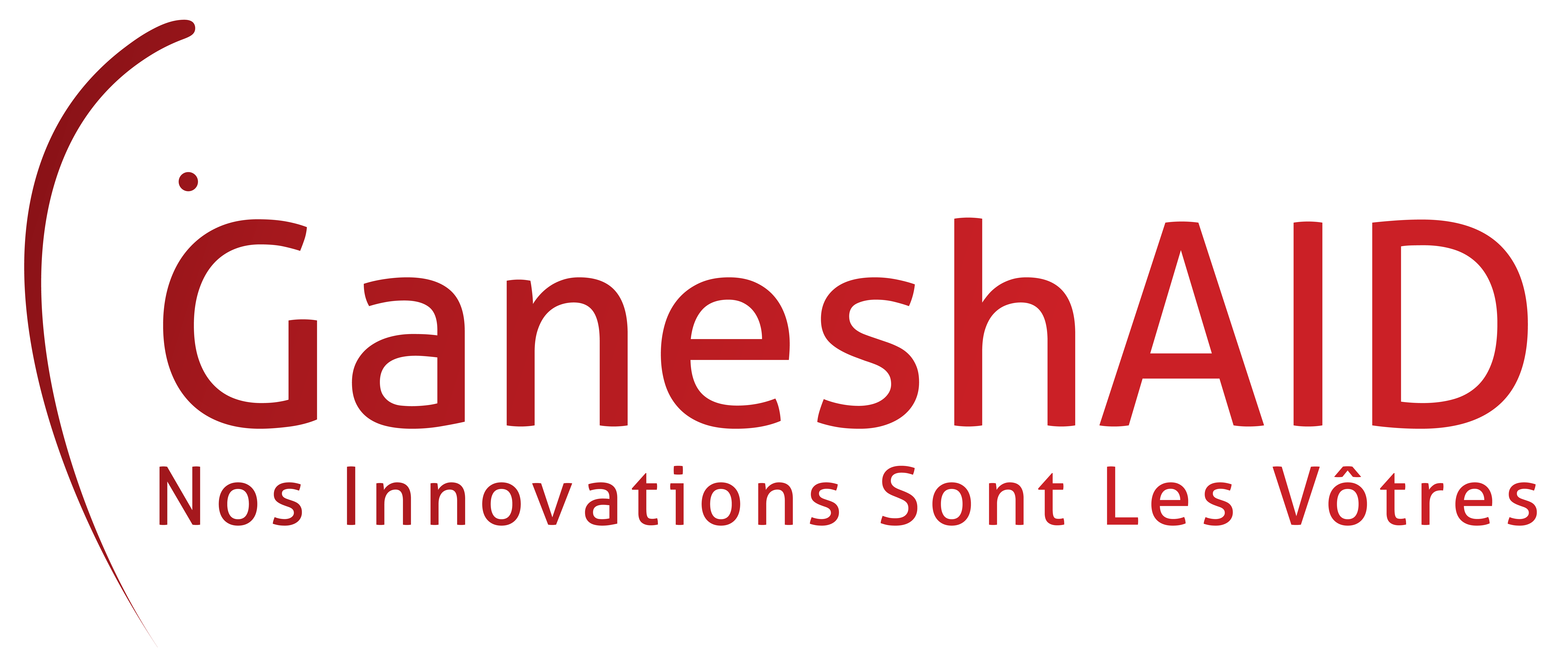
Ressources Humaines pour la Santé
Reducing Mortality through Increased Numbers of Available, Skilled, and Motivated Health Workers
GaneshAID supports health workers as an essential factor in delivering healthcare and immunisation interventions.
The health workforce represents the single most significant cost element in providing health services in Low- and Middle-income Countries (LMICs), but many of the poorest countries have been unable to meet the pressing health needs of their populations.
Millions of people die prematurely or suffer from illness or disability unnecessarily because the appropriate Human Resources for Health (HRH) to provide care is not available to them. The health workforce situation is complex and requires a long-term commitment from multiple stakeholders.


For many years, GaneshAID’s experts have been committed to reinforcing the availability of competent health workers in the right place and at the right time. Since its early establishment, GaneshAID has provided competency-based training to health staff to positively impact the performance of health systems and services.
At GaneshAID, our team has progressively extended its commitment to tackling health service barriers, addressing issues related to insufficient health training and education, inappropriate manpower governance and management, as well as the scarcity of HRH financing.

Notre Vision
GaneshAID envisions promoting and reinforcing the enablers of health workforce performance and efficient strategies to improve equitable health and immunisation outcomes in LMICs.
Our Approach
Our approach is grounded on multifaceted interventions that include Strategic Planning, Workforce Management and Development, and Monitoring and Evaluation. New holistic approaches are utilised depending on the country’s situation and contexts but commonly reinforce favorable factors for health workforce performance.
GaneshAID’s Tools to Manage Health Workers’ Performance
At GaneshAID, we utilise various tools as follows to build the capacity of the health workforce:
Our Key Interventions
- Human Resource for Supply Chain Management Theory of Change and Training Needs Analysis in Thailand and Vietnam – UNICEF-People that Deliver (2020).
- Advocacy for Available and Skilled Manpower in Africa – ADAMA – Save the Children (2013).
- Training package development for Hepatitis Birth Dose Introduction in Senegal – WHO HQ (2015).
- Business Feasibility Study to establish a Regional Asia-Pacific Center of Excellence (RACE) for Health and Immunisation Supply Chain – Gavi Secretariat (2017).
- Tabletop game simulation exercise to test WHO and country-level preparedness when it comes to deployment of influenza vaccine – the PIPDeploy game – WHO HQ (2018).
- Formative, summative, and normative evaluation of Strategic Training Executive Programme (STEP) – Gavi Secretariat (2019).
- Training packages for Managers, Supervisors, and Senior technical staff of Expanded Programmes on Immunisation – WHO EMRO (2019)
- Improving the Quality of African EPI Managers Meetings – WHO AFRO (2021).
- EPI Performance coaching for enhanced supportive supervision C2P in Sénégal – Gavi Secretariat (2018-2022).
- Blended training combining short in-person courses and e-learning on Dengue Fever Prevention and Control in Vietnam – World Bank (2012-2014).
- Blended training combining short in-person courses and serious game on Cholera prevention and control – World Bank (2012-2014).
- Micro-learning and competency-based learning pathways for mOPV2 vaccine management and cold chain logistics – UNICEF (2020-2021).
- Building skilled workforce through Social media learning to maintain immunisation activities during the Covid-19 pandemic VACCIFORM Bénin – Gavi Secretariat (2020-2021).
- Social media learning, competency-based learning pathways to build human resources for immunisation supply chain AFRiSC in Africa – WHO AFRO and HQ (2020-2021).
